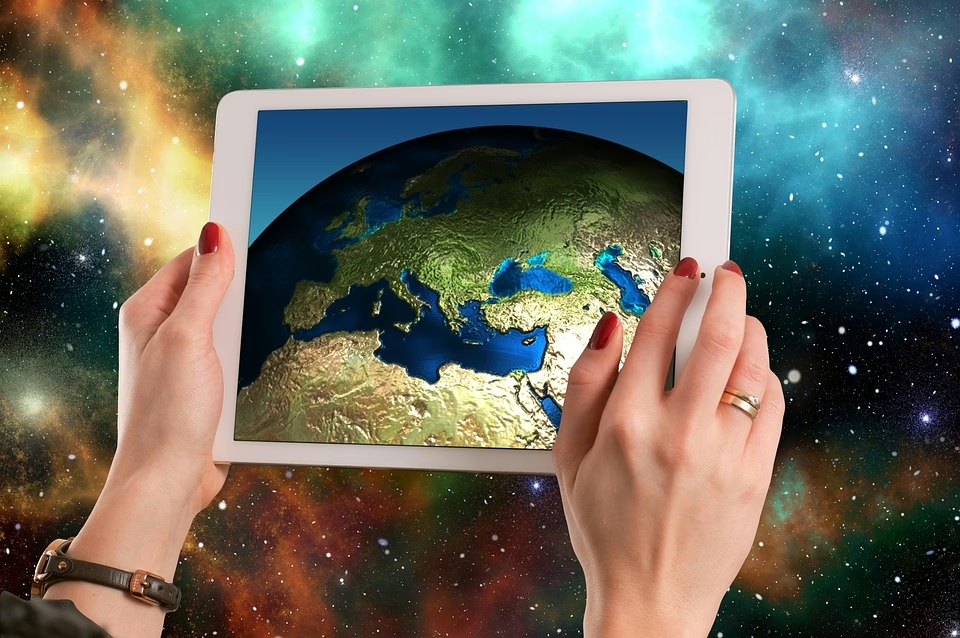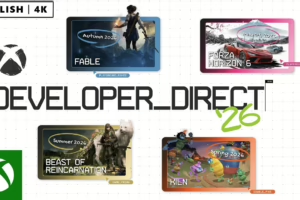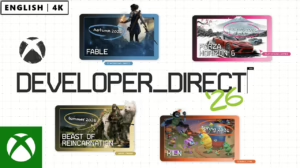Decoding Technology: What It Truly Means in Our Lives
In an era characterized by rapid technological advancements and digital innovations, the significance of “decoding technology” has never been more pertinent. As technology entwines itself with nearly every facet of human existence, understanding its implications, benefits, and potential pitfalls becomes crucial. This article delves into the concept of decoding technology, exploring its meaning and impact in our lives.
Understanding Technology
What Is Technology?
At its core, technology refers to the application of scientific knowledge for practical purposes. This encompasses a vast array of tools, systems, and methods developed to solve problems or enhance human capabilities. From the invention of the wheel to the rise of artificial intelligence (AI), technology has continually evolved, reshaping societies and individual lives.
The Evolution of Technology
The evolution of technology can be segmented into several distinct phases, each marked by groundbreaking innovations. The Industrial Revolution exemplified a monumental shift from agrarian economies to industrialized societies, driven by steam power and machinery. The Digital Revolution further transformed the landscape, introducing computers and the internet, which have fundamentally altered communication, commerce, and entertainment.
Decoding Technology: Concept and Implications
What Does “Decoding” Mean?
Decoding technology involves interpreting and understanding the complexities behind various technological systems. It requires not only technical knowledge but also an awareness of societal impacts, ethical considerations, and economic consequences. This multifaceted approach enables individuals and organizations to make informed decisions regarding technology use.
The Importance of Decoding Technology
-
Empowerment: Understanding how technology functions empowers individuals. Knowledge equips users to leverage technology effectively, thereby enhancing productivity and creativity.
-
Informed Decision-Making: In a world rife with choices, decoding technology allows individuals and businesses to make informed decisions aligned with their values and needs.
-
Ethical Considerations: Technological advancements often come with ethical dilemmas. Understanding these implications fosters responsible use and guides policymakers in regulating technology.
-
Adaptability: Technology is rapidly evolving. Those who can decode and understand these changes are better positioned to adapt and thrive amidst continuous disruption.
Challenges in Decoding Technology
While the benefits of decoding technology are significant, challenges also abound:
-
Complexity: Modern technologies, particularly those involving AI and data analytics, can be exceedingly complex. This complexity can create barriers to understanding, especially for those lacking technical backgrounds.
-
Information Overload: The abundance of information available can be overwhelming. Distinguishing between credible sources and misinformation is a crucial skill in decoding technology.
-
Socioeconomic Disparities: Access to technology and education varies significantly across different demographics, leading to inequalities in the ability to decode and utilize technological advancements.
The Role of Technology in Daily Life
Communication
The advent of smartphones and social media has redefined how we communicate. Instant messaging, video calls, and social networks enable real-time interactions regardless of geographical boundaries. However, the increasing reliance on digital communication has also led to concerns about diminished face-to-face interactions and the quality of relationships.
Education
Technology has revolutionized education through online learning platforms, interactive tools, and access to vast repositories of knowledge. E-learning offers flexibility and personalized learning experiences, catering to diverse student needs. However, the digital divide poses challenges for those without reliable internet access or technological resources.
Healthcare
In healthcare, technology has improved diagnostics, treatment, and patient care. Telemedicine, wearable health devices, and AI-driven analytics have transformed the patient experience and enhanced treatment efficiency. Yet, issues surrounding data privacy and the ethical use of AI in healthcare remain pressing concerns.
Work and Economy
Technology has reshaped labor markets and business practices, leading to increased efficiency and new job opportunities. Automation and AI have the potential to replace certain jobs while creating demand for new skills. The gig economy, fueled by technology platforms, has also changed traditional employment paradigms, raising questions about job security and benefits.
Decoding Specific Technologies
Artificial Intelligence
AI stands at the forefront of technological advancements. Understanding its applications—ranging from virtual assistants to autonomous vehicles—allows individuals and businesses to harness its potential while navigating ethical dilemmas such as bias and accountability.
Benefits of AI
- Efficiency: AI can automate repetitive tasks, freeing employees to focus on higher-value work.
- Insights: Machine learning algorithms analyze vast amounts of data, providing insights that inform decision-making.
- Personalization: AI enables personalized experiences, from targeted marketing to customized healthcare solutions.
Challenges of AI
- Bias: AI systems can perpetuate existing biases present in training data, leading to unfair outcomes.
- Transparency: The “black box” nature of some AI algorithms raises concerns about accountability and understanding how decisions are made.
Internet of Things (IoT)
The IoT encompasses interconnected devices that communicate and share data. From smart home devices to industrial applications, IoT has the potential to enhance efficiency and convenience. Decoding IoT requires understanding data privacy and security implications.
Benefits of IoT
- Efficiency: Smart devices optimize energy usage and streamline processes in various sectors.
- Data-Driven Insights: Real-time data collection enables better decision-making and predictive analytics.
Challenges of IoT
- Security Risks: The interconnected nature of IoT devices presents vulnerabilities to cyberattacks.
- Data Privacy: Continuous data collection raises concerns about user privacy and consent.
Blockchain Technology
Blockchain technology offers a decentralized ledger system that enhances transparency and security. Its applications extend beyond cryptocurrencies to supply chain management, healthcare records, and digital identities.
Benefits of Blockchain
- Transparency: Every transaction is recorded, promoting accountability.
- Security: Cryptographic principles secure data, reducing fraud risks.
Challenges of Blockchain
- Scalability: As adoption increases, scalability becomes a concern for blockchain systems.
- Regulatory Uncertainties: The evolving regulatory landscape presents challenges for blockchain implementation.
The Societal Impact of Technology
Social Interactions
Technology influences how we form and maintain relationships. Social media, while facilitating connections, can also lead to superficial interactions and feelings of isolation. Understanding these dynamics is crucial for fostering meaningful relationships in a digital age.
Privacy Concerns
As technology collects vast amounts of personal data, privacy concerns escalate. Decoding privacy implications empowers users to make informed choices about data sharing and understand their rights.
Ethical Considerations
Technological advancements raise ethical questions about data use, surveillance, and autonomy. Engaging with these issues prompts individuals and societies to ensure technology serves humanity positively.
Building Digital Literacy
Importance of Digital Literacy
Digital literacy is the ability to effectively and critically navigate, evaluate, and create information using digital technologies. With technological reliance, enhancing digital literacy becomes essential for individuals and communities.
Strategies for Improving Digital Literacy
-
Education and Training: Schools and organizations should promote digital literacy curricula, focusing on critical thinking, tech skills, and ethical considerations.
-
Public Awareness Campaigns: Promoting awareness of digital literacy through community initiatives can encourage lifelong learning and adaptability.
-
Collaboration: Partnerships between educators, employers, and tech companies can create pathways for skill development and workforce readiness.
Conclusion
Decoding technology is an essential endeavor in today’s rapidly evolving landscape. It empowers individuals and societies to navigate the complexities of modern life shaped by technological influences. By understanding technology’s implications, benefits, and challenges, we can harness its potential to improve lives while navigating its ethical and societal impacts. As we move forward, fostering digital literacy and responsible technology use will be paramount in shaping a positive technological future.
Footnotes
- Author, A. (Year). Title of Source 1. Publisher.
- Author, B. (Year). Title of Source 2. Publisher.
- Author, C. (Year). Title of Source 3. Publisher.
- Author, D. (Year). Title of Source 4. Publisher.
- Author, E. (Year). Title of Source 5. Publisher.
This article provides a comprehensive overview of decoding technology and its implications in our lives. For an in-depth exploration, readers are encouraged to examine the sources cited in the footnotes.
(Note: The above footnote citations are placeholders and should be replaced with actual references.)


























Add Comment